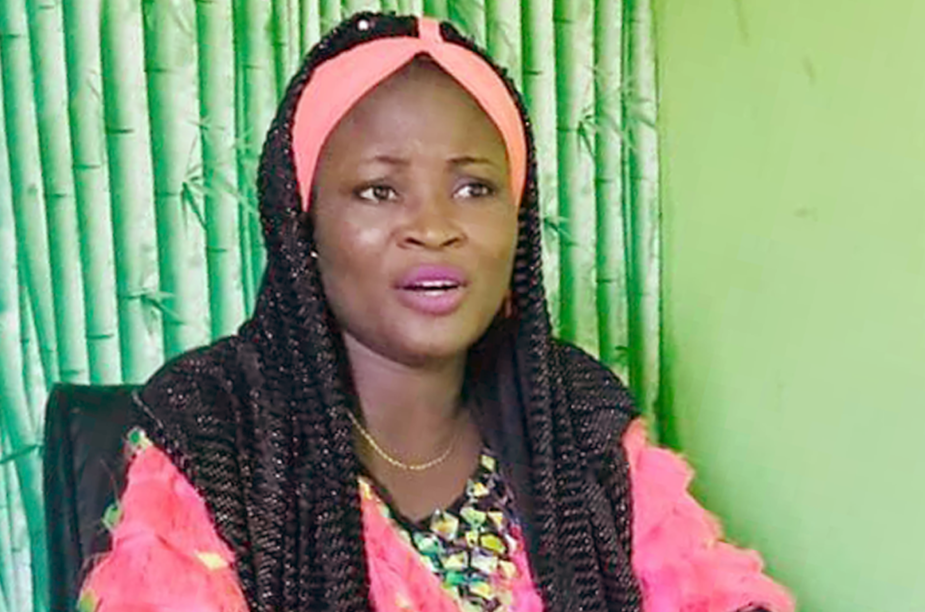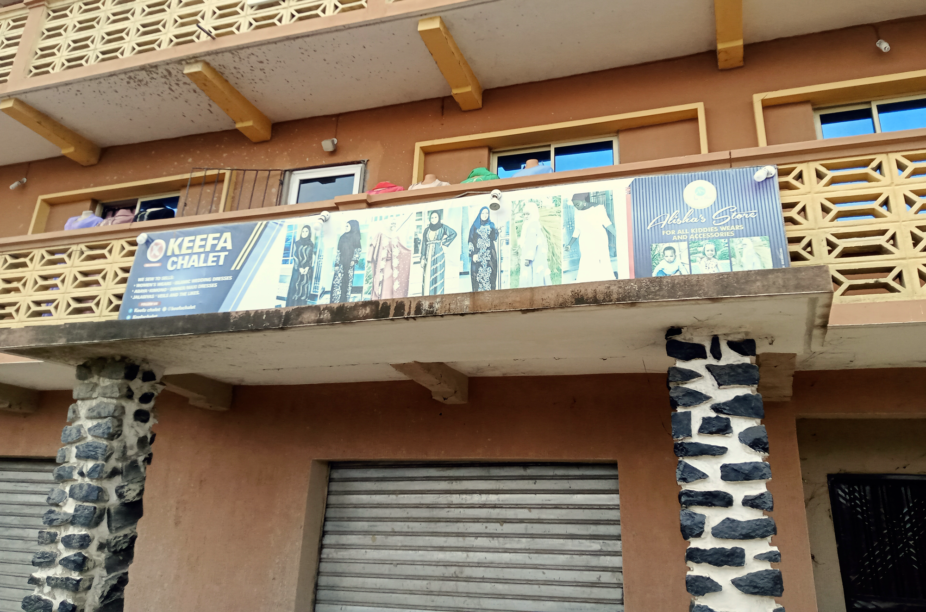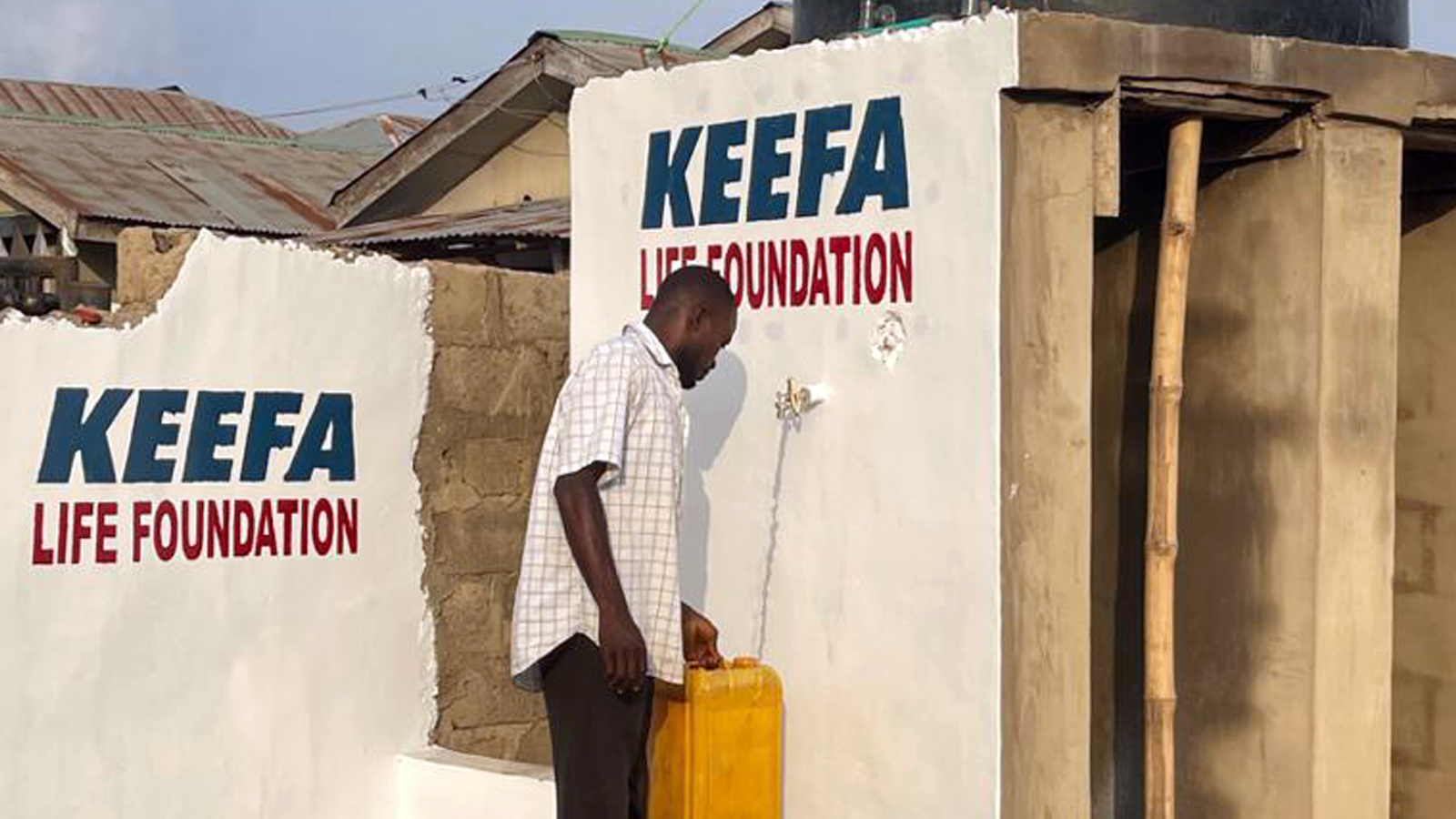I arrived in my hometown, Iwo, in the evening when the sun was setting. As with every homecoming, I inspected every place and thing as the bike man rode me home. I‘d told my mother I was coming home, but she didn’t believe it until I arrived. The distance between us has in some ways altered the trust she had in me, I don’t know why. But the moment she set her eyes on me, joy spilled all over her face.
Iwo smells of dust and rusty air, clouding up my mind and drowning my memory. The first thing my mother welcomes me with is water. She is an ardent devotee of the culture that believes water is the most glorious form of courtesy that can be paid to a visitor. But I always find it hard to drink, because I still remember the days we used to fetch water from the largest river in the whole of Iwo. In those days, we would have to purify the water with alum or boil it so hard before we could use it.
Every day the river became a congregation, because everyone from everywhere in the town or the town’s outskirts converged there to while away the time. Some drinking and smoking, hard drink and marijuana, some swimming in the pool of the river. There are strict controls in place now, but at one time the river used to accumulate every kind of dirt and impurity. But because there was no other source of water—the government fails to provide it—we had to go with what was available. I can’t remember the last time a drop of water fell out of the general water tap.
When my mother sensed my reluctance to drink, she told me that the town was no longer making use of the river water. Her exact words, translated from Yoruba, were “we are surrounded by good water now”. The next day, I decided to investigate this change.
Iwo is a town that is stranded with its old self. Where each new development project seems to crash into a previous one. The town seems to have struck a bargain with itself to never progress. I walked up and down the streets, and saw some new things growing and developing—like the Area Division Police Station, a spot to fill gas cylinders, and the renovation of the wide mansion of the late Barrister Aremu, one of the most influential personalities of his time. But I also saw some things falling to dust, like baba Pele’s mud-made mansion splitting into two, its edges clustered with weeds, and the neglected back yard with a roof propped up with a plank.
At the far end of the street, I saw a borehole-drilled water tank, painted with a sign: “Keefa Life Foundation”. I had seen the same kind of structure at Kajola, on my way home. I stood opposite and watched in exhilaration and envy as people fetched water with buckets and kegs. If only there had been something like this many years ago, when we drank from the contaminated river. I brought out my jotter and wrote down the foundation’s name.
When I got home late in the evening, I googled the foundation’s name, to join as a volunteer, if I could. I found a profile online of its founder; she is an indigene of Iwo, who resides in Iwo. Her name is Keefa Yetunde Suhaebat.
I found a direct contact to her WhatsApp, and sent a message to her, letting her know that I’m a writer and would love to meet. Later in the night, she replied to my messages and invited me to her office.

Arriving at the address given, I found a fashion building with a sign reading, “Keefa Chalet”, with pictures of female clothing designs. Inside, I met Keefa Yetunde, calm and smiling before me.
Keefa studied Mass Communication at Osun State Polytechnic, Iree, Osun State, but graduated from school to start a fashion business and fund her foundation, with her uncle, a successful Ivory Coast businessman, serving as patron and mentor.
“The main things KLF is passionate about are fighting hunger and environmental issues,” she told me. Water is the image maker of the foundation, but it also provides food for the needy, and visits to orphanages and to people with disabilities.
In a town where there are influential people and political representatives who are not concerned about serious local issues, it is a bit strange to see a young lady so passionately involved in tackling public issues. Keefa told me she’d experienced hunger herself, and that memory drives her. Like me, she’d experienced making do with the bad, when there are no other alternatives available.
“The moment I got out of it (hunger), I decided to use everything I can to help the needy”. Though she started with little, emptying all the funds she had in her account, she just wanted to start however she could.
“It is the smile on people’s faces, that’s my reward,” she said. The foundation has drilled more than three whoppingly-funded boreholes across three towns in Osun State, and Keefa intends to expand across the whole state and beyond.
”Keefa” is an nickname given to her grandfather by his friends in the Ivory Coast for his consistent use of ‘kei fa’, an Arabic expression for “how are you?” His granddaughter seemingly inherited this same friendliness and magnanimity.
Keefa donated materials for people with disabilities at Maleefon, on the outskirts of Iwo, empowering 12 women with ten-thousand-naira startup grants. Last year her plans to distribute meals during Ramadan were altered because of COVID-19 complications, so instead the foundation distributed three thousand naira each for 61 needy people.

It is a brave thing, to see a woman so passionate about her hometown. She should become a motivation for every Nigerian, politicians especially, to tackle the issues, large and small, that are bedeviling this country. If all were inspired to share and to help, even on a small scale, the trauma of bad experiences and memories could be alleviated for coming generations. As Keefa’s work shows, it is not a matter of starting big, but of starting at all.






